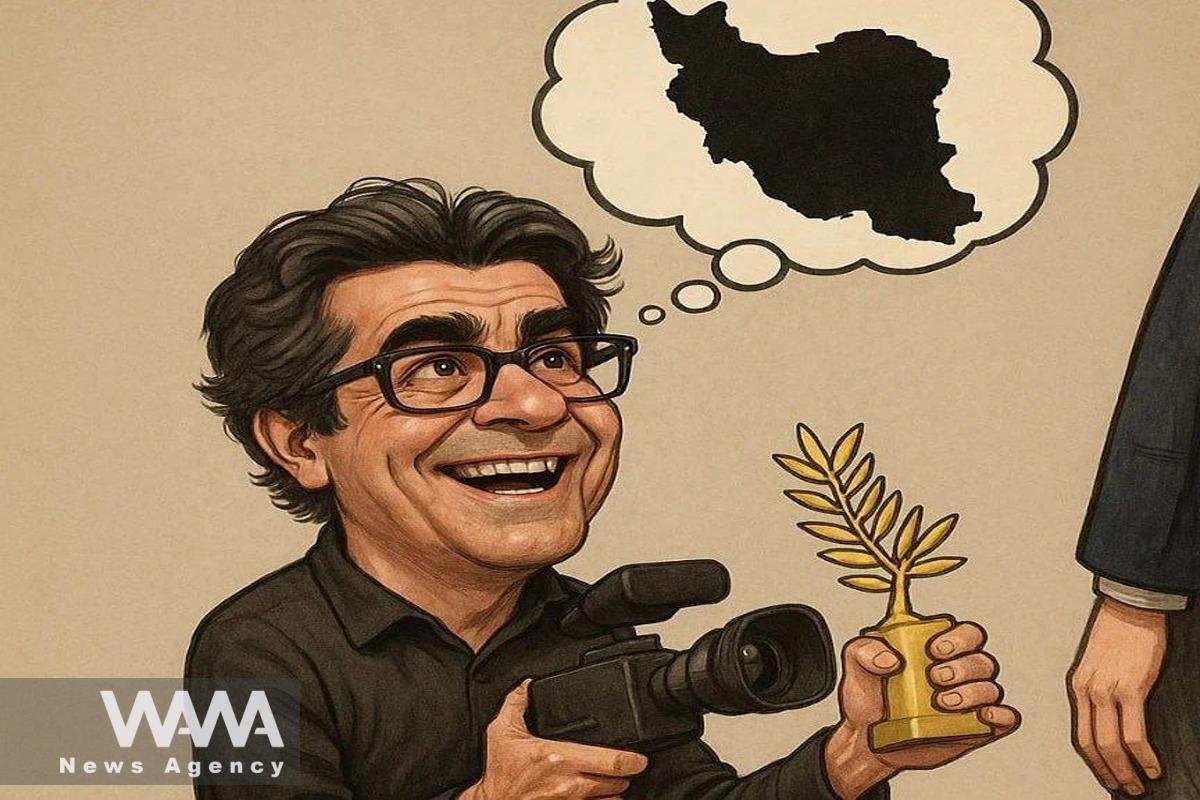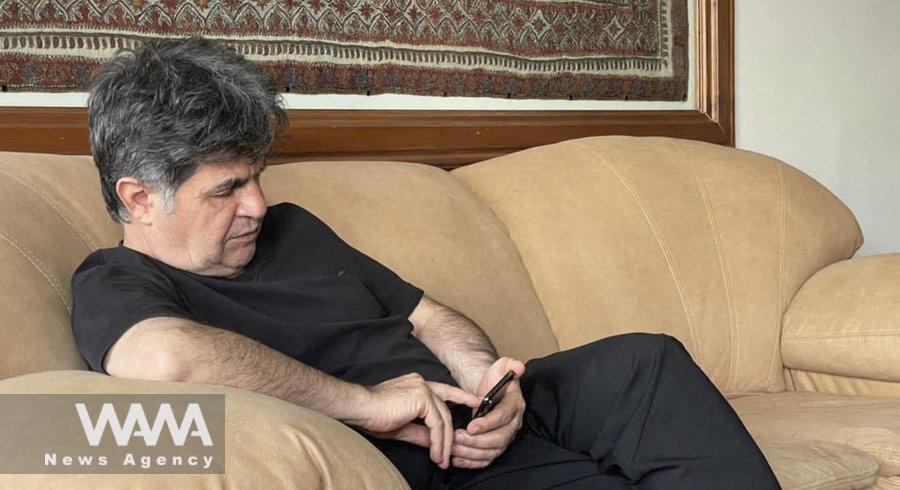Cannes Palme d’Or Goes to “A Simple Accident”
WANA (May 25) – The 78th edition of the Cannes Film Festival concluded last night with the announcement of its winners. The prestigious Palme d’Or for Best Film was awarded to A Simple Accident, directed by Iranian filmmaker Jafar Panahi — a selection that, according to some critics, drew attention more for its political context than for its cinematic or narrative qualities.
This year’s jury, led by French actress Juliette Binoche, included notable figures such as Halle Berry, Hong Sang-soo, Payal Kapadia, and Jeremy Strong. Panahi’s win stirred mixed reactions, especially as prominent French outlets like Cahiers du Cinéma gave the film rather modest reviews. Markus Ozel, editor-in-chief of the magazine, gave the film just one out of four stars. Other critics from the same outlet offered no more than two.
Ozel wrote: “Rather than advancing cinematic language or narrative form, the film carries a political message — one that resonates more off-screen than within the film itself.”
Nevertheless, in the politically charged atmosphere of Cannes — where controversial films from Iranian directors have frequently made headlines — A Simple Accident quickly drew major attention. Critics noted that the film’s unusual production circumstances and the public profile of its creator likely contributed to its prominence.

critics within Iran argue that Jafar Panahi’s films often present a bleak, monotonous, or even distorted image of Iran / WANA News Agency
More than cinematic merit, what stood out was the special status the festival assigned to the film. A Simple Accident entered the competition with the label “Made Under Special Conditions” — a designation typically reserved for works produced in defiance of censorship or under state-imposed restrictions. In past years, this label played a crucial role in the recognition of films such as Taxi and 3 Faces by Panahi, The Seed of the Sacred Fig by Mohammad Rasoulof, and even Holy Spider by Ali Abbasi.
Reportedly made without official authorization in Iran, A Simple Accident follows the intertwined fates of several individuals brought together by a car crash. Early reviews have positioned the film as part of a tradition of Iranian cinema that portrays society through a critical or tense lens — a style that often finds favor with European film festivals.
This trend is not new. Films like The Seed of the Sacred Fig and Holy Spider have also received awards under similar circumstances, prompting some observers to suggest that Western festivals show a particular interest in narratives that depict Iran in a specific, often troubled, light.
At 64, Jafar Panahi remains one of the most controversial figures in Iranian cinema. He began his career in the 1990s and made his directorial debut after years of working as an assistant director. Known for his unflinching critiques of Iranian society and his refusal to obtain official permits, Panahi has faced repeated bans and arrests over the years.

Jafar Panahi is in love with his people and country.
WANA (Apr 27) – Saleh Nikbakht: Don’t pay attention to the published lies, “Jafar Panahi” has an appointment with me next Wednesday. Following the cancellation of the travel ban on Mr. “Jafar Panahi” and the handing over of his passport to him after about 14 years and his departure from the country; There were […]
In 2015, his film Taxi won the Golden Bear at the Berlin Film Festival, and in 2018, 3 Faces earned him the Best Screenplay award at Cannes. His international acclaim, coupled with his legal and political struggles, has led many to view his films less as cinematic works and more as political or social statements.
Meanwhile, critics within Iran argue that Panahi’s films often present a bleak, monotonous, or even distorted image of the country. They claim that festivals like the Oscars, Berlin, and Cannes give disproportionate recognition to works that focus on Iranian crises or adopt a critical tone, thus rewarding them beyond their purely artistic merits.
Amid all these controversies, the 2025 Palme d’Or now belongs to Panahi. Whether this award will secure the film’s lasting legacy or merely amplify the director’s personal fame remains to be seen. What is clear, however, is that — as in previous years — Cannes once again affirmed that cinema, for this festival, is not only an art form but also a powerful vehicle for political expression.












